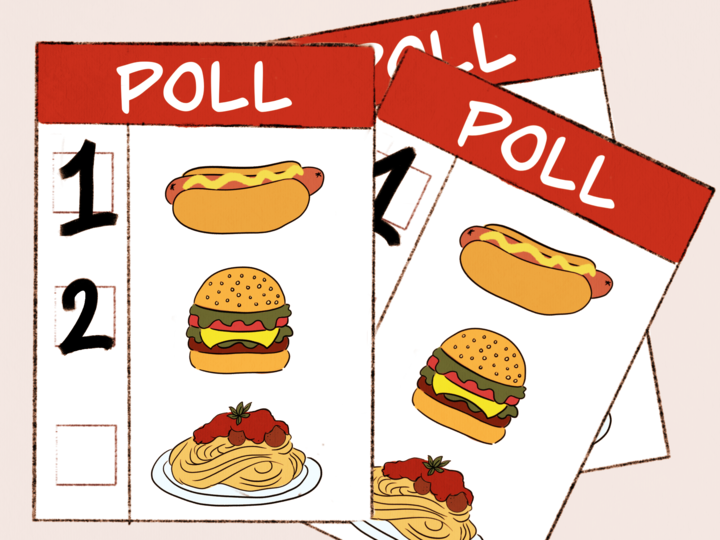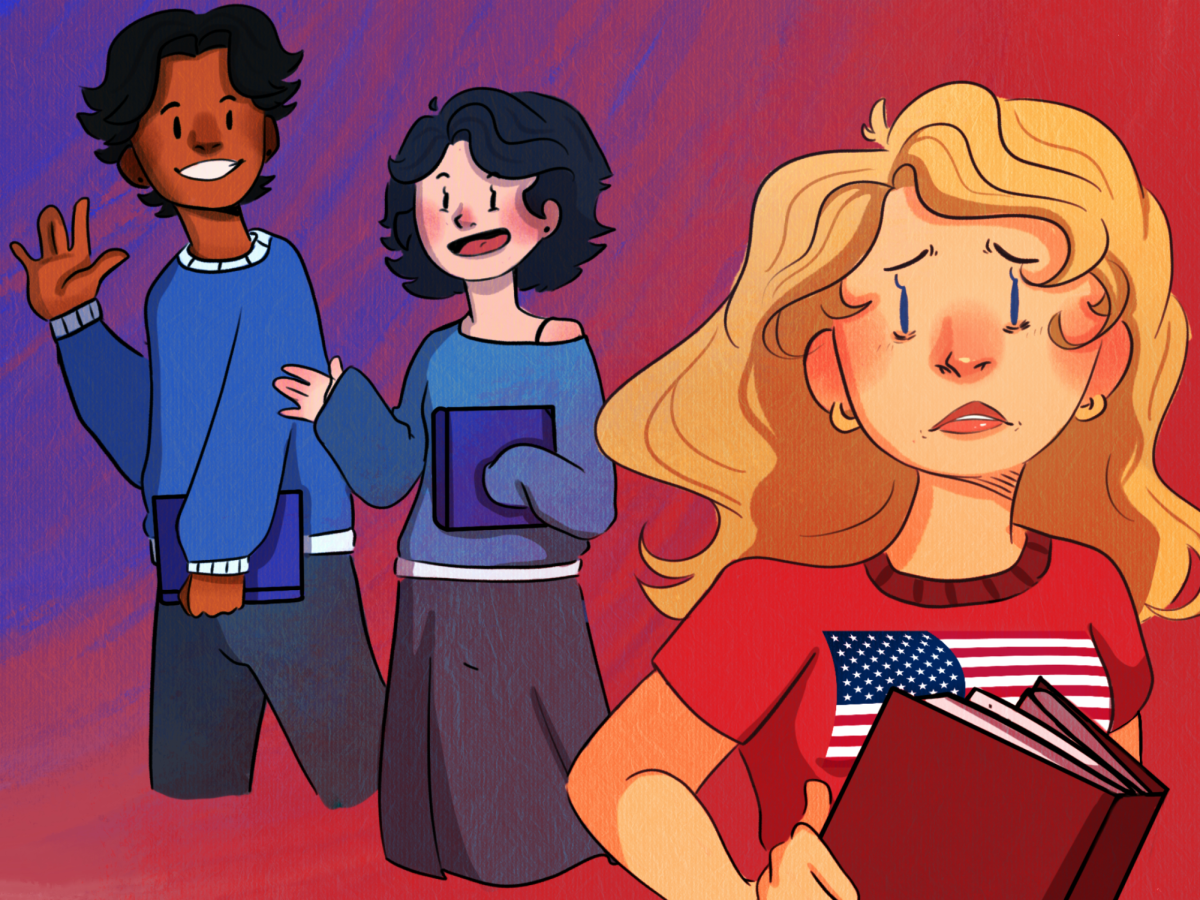
Recently, Arkansas passed a fairly innocuous-sounding bill: Senate Bill 202, the “Intrastate Commerce Improvement Act.” According to the bill’s text, it is designed to “improve intrastate commerce by ensuring that businesses, organizations, and employers doing business in the state are subject to uniform nondiscrimination laws.”
Wait, what?
This bill, which initially appears to deal with some kind of economic policy, actually has a far more insidious purpose: It makes local laws prohibiting discrimination against lesbian, gay, bisexual, transgender and questioning citizens illegal.
In other words, Arkansas does not have state legislation protecting the rights of LGBTQ people. Some local governments, noticing the discrepancy, passed their own. The bill effectively cancels out that legislation, requiring local business laws to be in line with the — currently nonexistent — state policy.
Without these laws, LGBTQ citizens have no legal recourse against discrimination in the workplace; someone could be denied a job, paid lower wages or even fired, all on a mere suspicion of not being straight. As same-sex marriage spreads across the country, this issue becomes ever more important. In many states, gay people can now be legally married, only to return from the honeymoon and find that they’ve been legally fired for their marriage.
This type of discrimination could extend beyond the workplace as well, to private businesses refusing service, universities or private schools removing students, or landowners evicting tenants, according to the Washington Post. All this from a bill that never even mentions the phrases “LGBT.”
Unfortunately, this type of legislation is on the rise. Texas and West Virginia both considered similar bills, though West Virginia’s was suspended indefinitely. The Texas bill, if passed, would undo LGBTQ protections serving 7.5 million citizens, according to The Texas Observer.
Proponents of the West Virginia bill — which is also misleadingly titled the “West Virginia Intrastate Commerce Improvement Act” — tried to claim it was just intended to make the state more organized.
“You shouldn’t have a hodge-podge … [It] is good for businesses to have a uniform set of laws across the state so they know,” said Delegate Gary Howell in the Charleston Daily Mail.
If only these “uniform laws” actually existed. Fewer than 50 percent of states protect all of their population from discrimination based on gender identity and expression. For the remainder of those states, local ordinances are citizens’ only protection.
Additionally, anyone who knows anything about American politics and party loyalties should know that in the states where this legislation is being introduced, it’s extremely unlikely that broad state protections would actually pass.
Until then, the “patchwork” laws protecting citizens against discrimination may be the best we can hope for, and those laws exist for a reason. States should not be quick to let those go.
It’s not just these anti-anti-discrimination policies being enacted, either. Many states (Colorado, Hawaii, Indiana, Michigan, Utah, West Virginia and Wyoming, to name a few) have been introducing other types of legislation that threatens anti-discrimination laws.
These bills, incidentally based on Arizona Legislation that Jan Brewer vetoed last year, are designed to make it easier for local businesses to decline service to gay couples on religious grounds.
Removing anti-discrimination policy on a religious basis is almost more dangerous than the previous type of legislation. It takes away protections from a large segment of the population — not only LGBTQ people, but also anyone that business-owners identify as somehow violating their religious convictions.
The New York Times quotes Scott Craig, a representative in South Dakota, as saying, “When government wants to infringe on your conscience, then you need to be protected, and in America, we want to protect everybody.”
Everybody except gay people, apparently.
Judith McDaniel, an adjunct instructor in the School of Government and Public Policy, notes “the piece that is [most worrisome] … is the expansion of areas where people are claiming a ‘religious’ exemption based on an interpretation of their religion that is far from universal.”
These bills merely promote the very intolerance and hatred that many Christians are attempting to move away from, and they open the door to even more extensive persecution.
Everyone deserves to be treated as equal, regardless of sexual orientation. LGBTQ people face enough bigotry as it is; let’s not make it legal. Anti-discrimination laws exist for a reason. Let’s try to pass more of those, rather than focus on making a narrow segment of the population more “comfortable.”
_______________
Maddie Pickens is an economics freshman. Follow her on Twitter.








